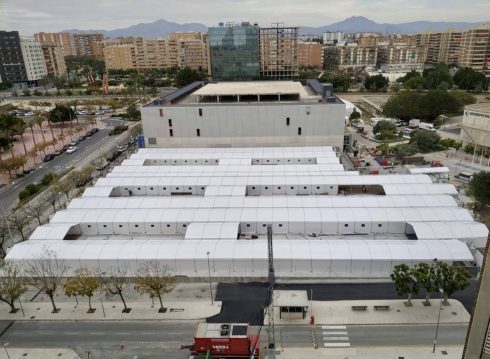CORONAVIRUS may be an airborne transmitted disease, the World Health Organisation (WHO) has said.
The WHO has acknowledged that there is emerging evidence to suggest that COVID-19 could be spread through tiny particles suspended in the air.
Benedetta Allegranzi, the WHO’s technical lead for infection prevention and control, said that evidence emerging of airborne transmission of the coronavirus in ‘crowded, closed, poorly ventilated settings that have been described, cannot be ruled out’.
So far the belief has been that the virus is transmitted through droplets when people cough or sneeze, but now that seems to be changing.
An open letter from more than 200 scientists is now accusing the WHO of underestimating the possibility of airborne transmission.
Jose Jimenez, who works at the University of Colorado and is one of those who signed the letter, told Reuters: “We wanted them to acknowledge the evidence.”
“This is definitely not an attack on the WHO.
“It’s a scientific debate, but we felt we needed to go public because they were refusing to hear the evidence after many conversations with them,” he added.
Professor Benjamin Cowling of Hong Kong University told the BBC the find had ‘important implications’.
“In healthcare settings, if aerosol transmission poses a risk then we understand healthcare workers should really be wearing the best possible preventive equipment,” he added.
WHO officials have cautioned that the evidence is still preliminary and requires further evidence, but if it is confirmed, it may affect guidelines for indoor spaces.








